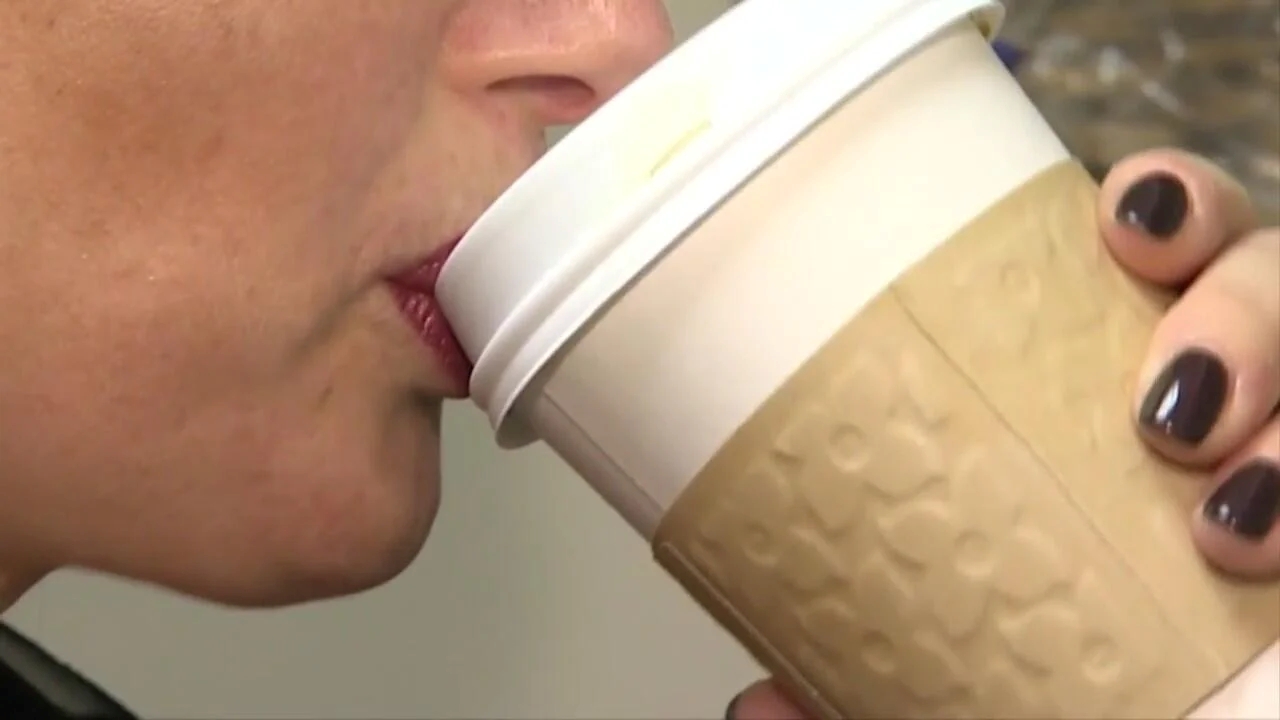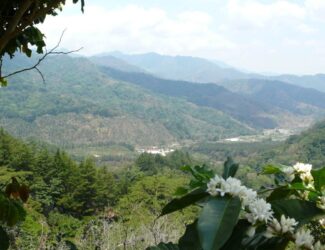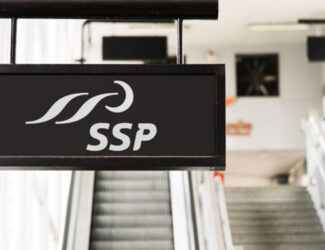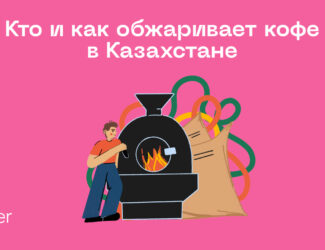
CBS News: Tariffs Could Brew Trouble for South Florida Coffee Lovers
CBS News has reported that South Florida’s beloved coffee culture may soon be facing higher prices, as proposed tariffs on imported coffee beans threaten to impact both local coffee shops and everyday consumers.
According to CBS Miami’s report, coffee beans sourced from countries like Honduras, Ethiopia, and Nicaragua could be hit with steep tariffs, which would likely result in a rise in costs for businesses and customers alike.
CBS News spoke with Emily Videl, a local coffee drinker who shared her concern about the potential impact: “I drink maybe three cups of coffee a day. I think prices are going to go up, and it’s not going to be good.”
The report highlights the case of Cali Coffee, a rapidly growing chain in South Florida with 11 locations and more on the way. Owner Craig Avera told CBS Miami that his team is closely monitoring the situation and trying to shield customers from higher prices.
“Right now, we haven’t seen any increase,” Avera said. “We’re kind of waiting for the call that we don’t want to hear.”
Avera explained that Cali Coffee is currently sourcing beans from countries that may be affected by the new tariffs. He noted that if tariffs make those imports too expensive, the company might shift to alternative suppliers. “Maybe we can get something equal from Ecuador or another country where the tariffs are lower,” he said.
CBS News also pointed out that coffee isn’t the only concern. Avera mentioned that his business is expecting a shipment of 20 stainless steel prep tables from China, each priced at $3,000. If the tariffs go into effect before the shipment clears customs, those costs could increase significantly.
CBS Miami also interviewed Dr. Albert Williams, head of finance and economics at Nova Southeastern University, who commented on the broader implications of the proposed tariffs.
“Planning is very difficult at this time for small businesses, big businesses, and consumers,” Dr. Williams said, adding that a 90-day pause on the tariffs could offer a chance for the U.S. to negotiate better trade deals.
“If both countries find a win-win solution, the tariff war could ease quickly,” he explained. “But if it turns into a zero-sum game, both sides risk losing.”



